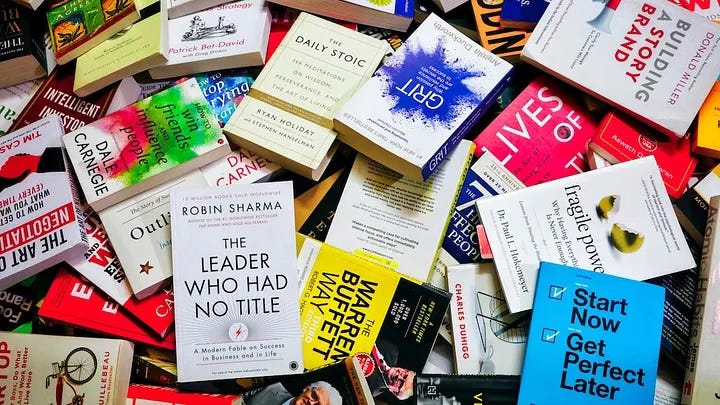Learning Resources
Learning to Learn: Module 6
In this final module, we will explore learning resources that support your personal learning and provide source materials for your own learning events.
Objectives
When you have completed this module, you will be able to:
List the learning resources that are available to you and
Decide which are best for your current needs.
All Learning Pages subscribers can complete this module here.



